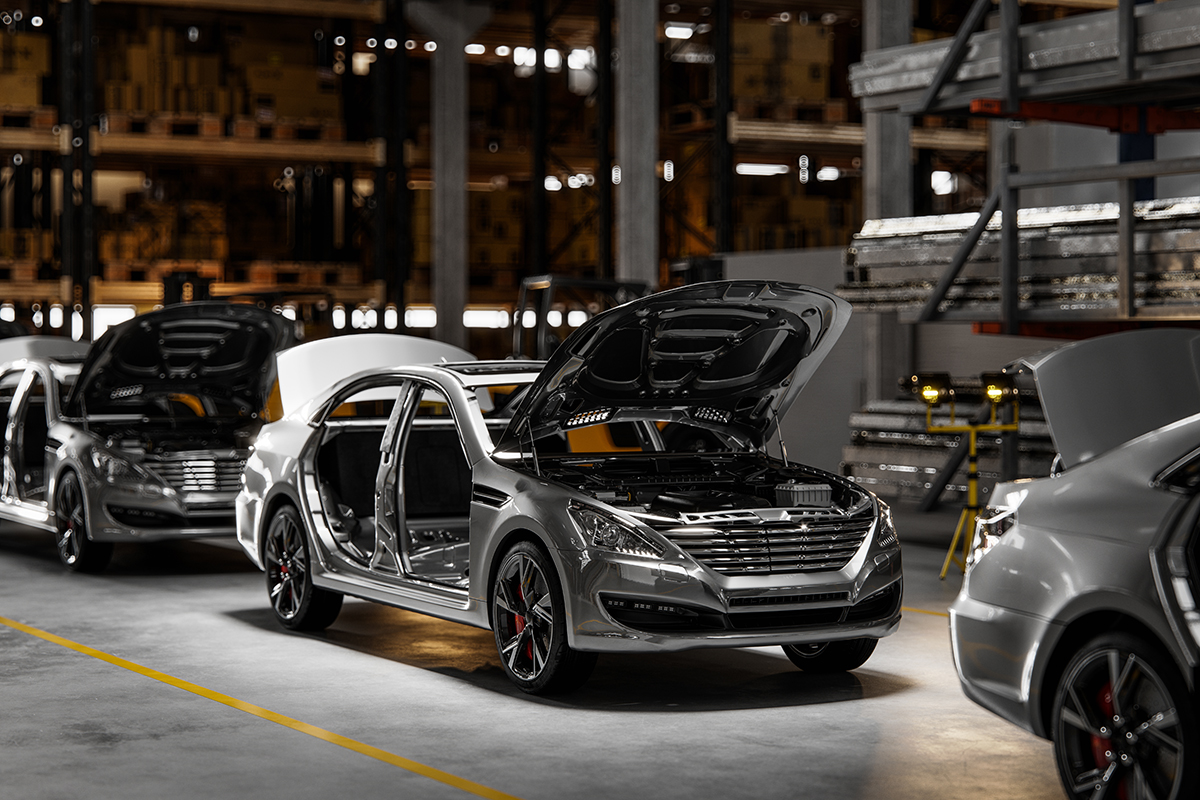Property Owner Not Liable for Contractor’s Injury

Is a property owner liable for an electric shock injury to an independent contractor working on its premises? The Fifth Circuit Federal Court of Appeals recently held, no.
In Rose v. Nissan, North America, Inc., Rose allegedly sustained injuries arising from an electric shock in April 2022 while working as an employee of Automated Power, Inc. (“Automated Power”), an independent contractor to Nissan. Nissan had hired Automated Power to repair a partial outage at its Canton, Mississippi car manufacturing plant in March 2022. Rose argued that Nissan controlled “access” to a cubicle area where the repairs to the electrical wiring was to be completed, creating liability for the car maker.
As the injury occurred in Mississippi, both the trial court and the Fifth Circuit Court of Appeals relied on a Mississippi statute which is significantly similar to Texas statute. Under Miss. Code. Ann. § 11-1-66, a premises owner cannot be held “liable for the death or injury of an independent contractor or the independent contractor’s employees resulting from dangers of which the contractor knew or reasonably should have known.”
An independent contractor, as defined under Mississippi law, is “a person who contracts with another to do something for him but who is not controlled by the other nor is subject to the other’s right to control with respect to his physical conduct in the performance of the undertaking.” A premises owner invoking § 11-1-66 has the burden of proving that the statute applies, i.e., that the injured party either was, or worked for, an independent contractor that “knew or reasonably should have known of the danger that caused his injury.”
At the trial court level, the evidence showed that Automated Power was an independent contractor to Nissan and that Rose knew he could receive an electric shock when only one end of a connection was de-energized, but the other end was still active. The trial court granted summary judgment in favor of Nissan finding that Nissan was immune from liability for the injury of Automated Power’s employee. The Fifth Circuit agreed and stated that “Nissan did not control how the ….. work was done.”
In these circumstances, the evidence established that Automated Power had full responsibility for the conditions pertaining to the work, including hiring, paying, and training employees, as well as the details and methods of the work. The Fifth Circuit disregarded Rose’s assertion that Nissan controlled access to the cubicle area, noting that “Rose failed to show evidence or cite any authority backing his claim that Nissan controlled access to equipment at its plant”. Controlling access to the areas needing repair was not enough and did not show a “control” over the “details of the work.” Therefore, Automated Power was an independent contractor to Nissan.
Texas law has similar protections for property owners. In Chapter 95 of the Texas Civil Practice and Remedies Code, a property owner is not liable for injuries or death to employees of contractors or subcontractors who construct, repair, renovate, or modify an improvement to real property, arising from the failure to provide a safe workplace unless:
1. the property owner exercises or retains some control over the manner in which the work is performed, other than the right to order the work to start or stop or to inspect progress or receive reports; and
2. the property owner had actual knowledge of the danger or condition resulting in the personal injury, death, or property damage and failed to adequately warn.
The facts of Rose are not developed sufficiently to determine whether, had the accident occurred in Texas, Nissan would also have been not liable for Rose’s injuries. Nonetheless, Chapter 95 provides broad protection for property owners in personal injury suits arising from construction activities.
The attorneys in our Austin and Dallas office are available to answer any questions you may have. Please contact us at info@gstexlaw.com.
Legal Disclaimers
This blog is made available by Gerstle Snelson, LLP for educational purposes and to provide general information about the law, only. Neither this document nor the information contained in it is intended to constitute legal advice on any specific matter or of a general nature. Use of the blog does not create an attorney-client relationship with Gerstle Snelson, LLP where one does not already exist with the firm. This blog should not be used as a substitute for competent legal advice from a licensed attorney.
©Gerstle Snelson, LLP 2025. All rights reserved. Any unauthorized reprint or use of this material is prohibited. No part of this blog may be reproduced or transmitted in any form or by any means, electronic or mechanical, including photocopying, recording, or by any information storage or retrieval system without the express written permission of Gerstle Snelson, LLP.

